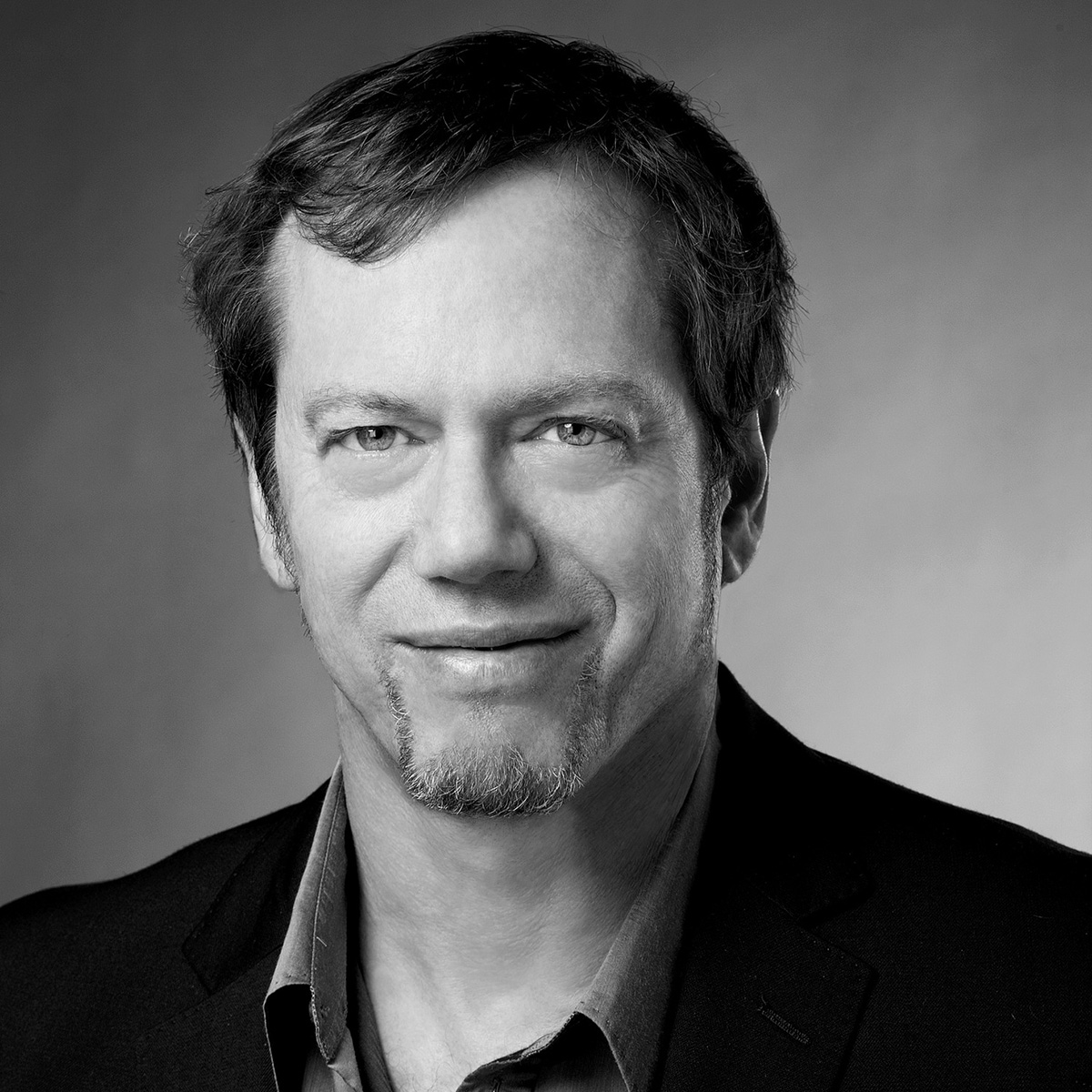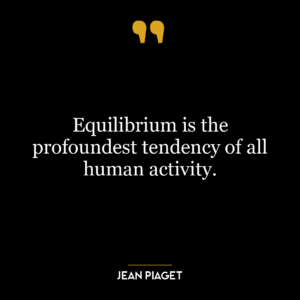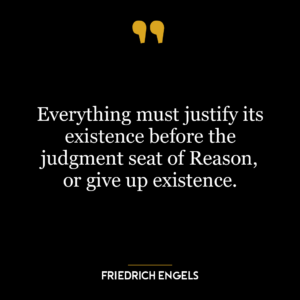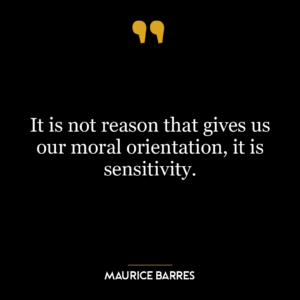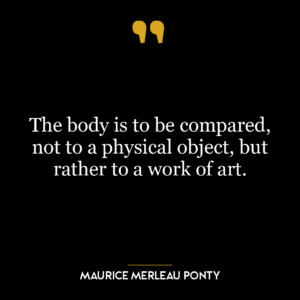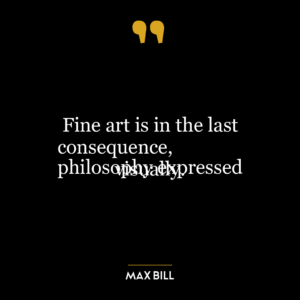This quote suggests that the human craving for certainty or absolute knowledge is a major hindrance to our intellectual growth and progress. The ‘disease’ here refers to the mental stagnation and limitations that result from our fear of the unknown, our resistance to change, and our reluctance to question or challenge our existing beliefs and assumptions. It implies that our obsession with certainty often blinds us to the possibilities of the unknown, stifles our curiosity and creativity, and prevents us from embracing new ideas and perspectives.
The ‘need for certainty’ can manifest in various ways, such as dogmatism, close-mindedness, or an excessive reliance on routine and predictability. It can lead to a lack of intellectual flexibility, a resistance to new experiences, and a tendency to dismiss or ignore anything that doesn’t fit into our preconceived notions or comfort zones. This craving for certainty can make us rigid, intolerant, and unwilling to adapt to change, which can hinder our personal growth and development.
In today’s rapidly changing world, this quote is particularly relevant. With the rise of technology and globalization, we are constantly being exposed to new ideas, cultures, and perspectives. The pace of change is faster than ever before, and the future is increasingly uncertain. In such a scenario, clinging to certainty can be a major disadvantage. It can prevent us from adapting to new situations, learning new skills, or embracing diversity and change.
In terms of personal development, this quote suggests that we should embrace uncertainty and learn to be comfortable with not knowing. Instead of seeking certainty, we should cultivate an open mind, a willingness to question and learn, and a curiosity about the world. We should view uncertainty not as something to be feared, but as an opportunity for growth, exploration, and discovery. By letting go of our need for certainty, we can become more adaptable, resilient, and creative, and open ourselves up to new possibilities and experiences.



